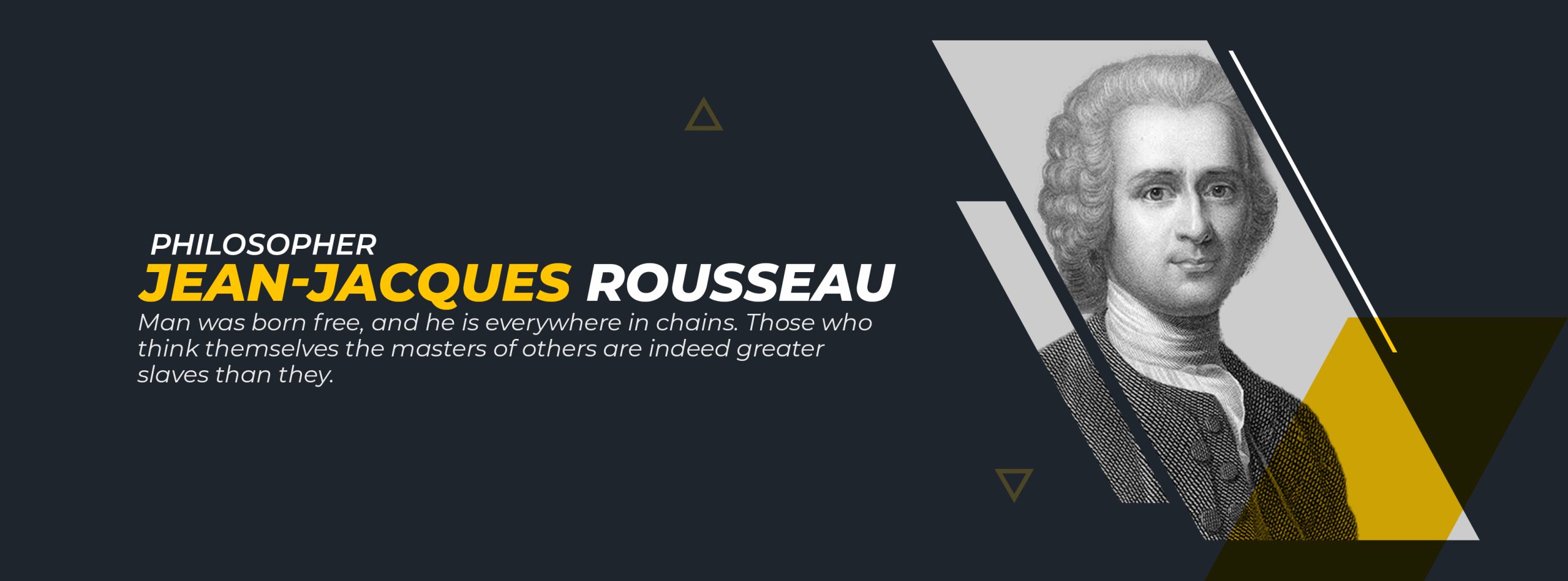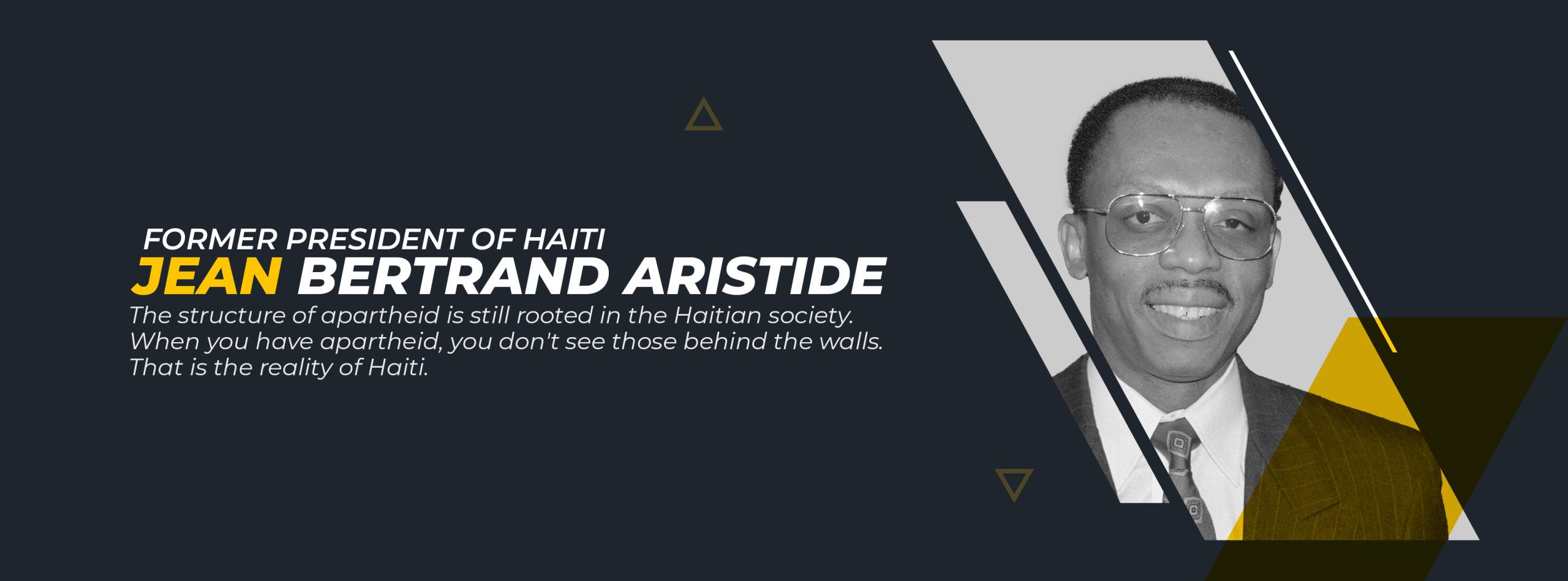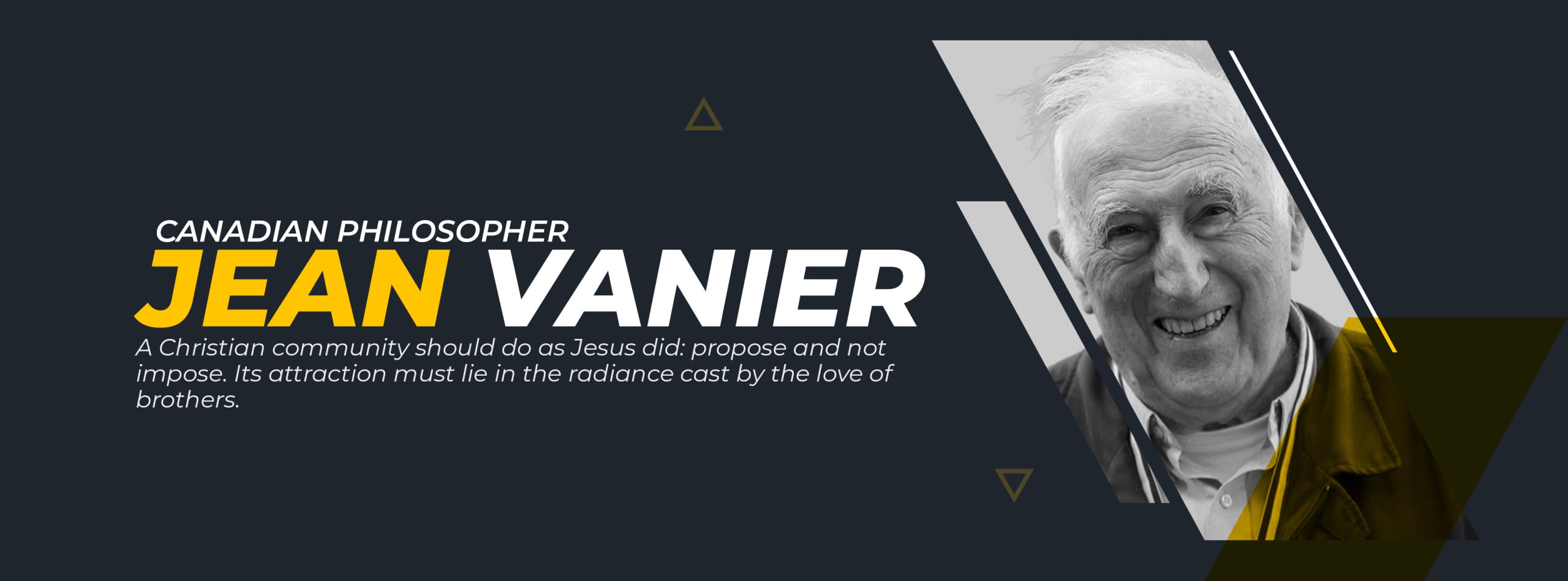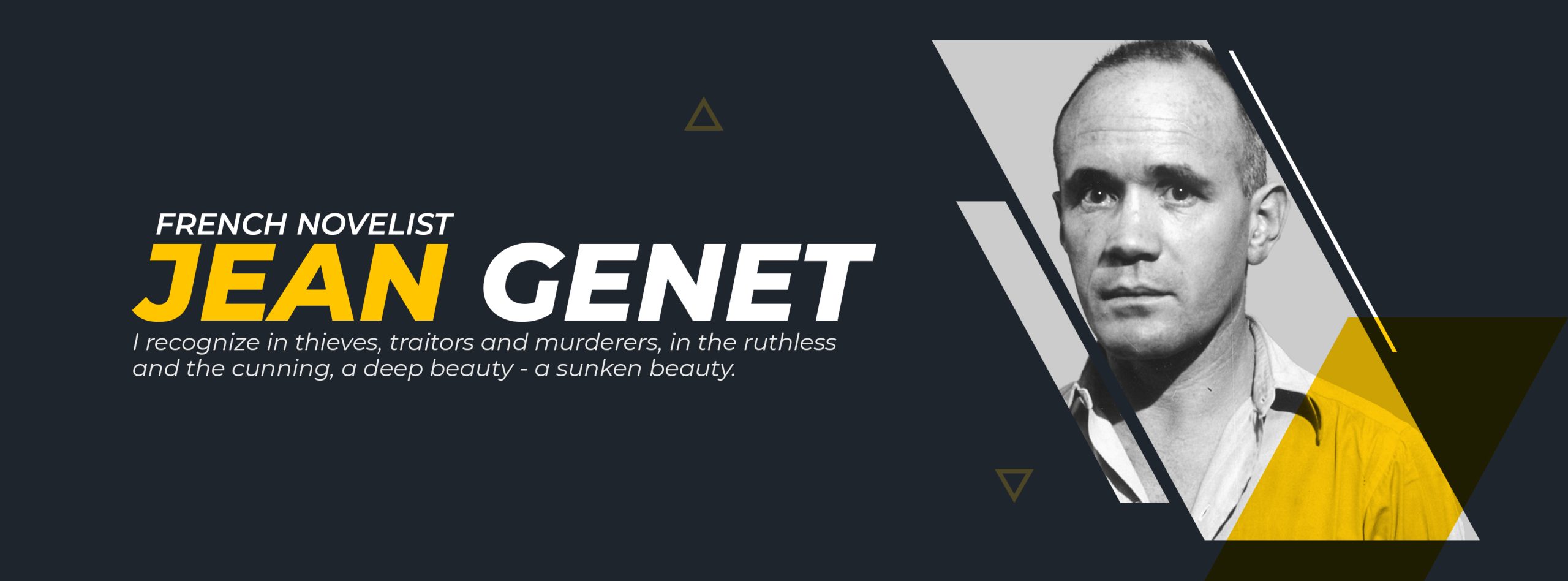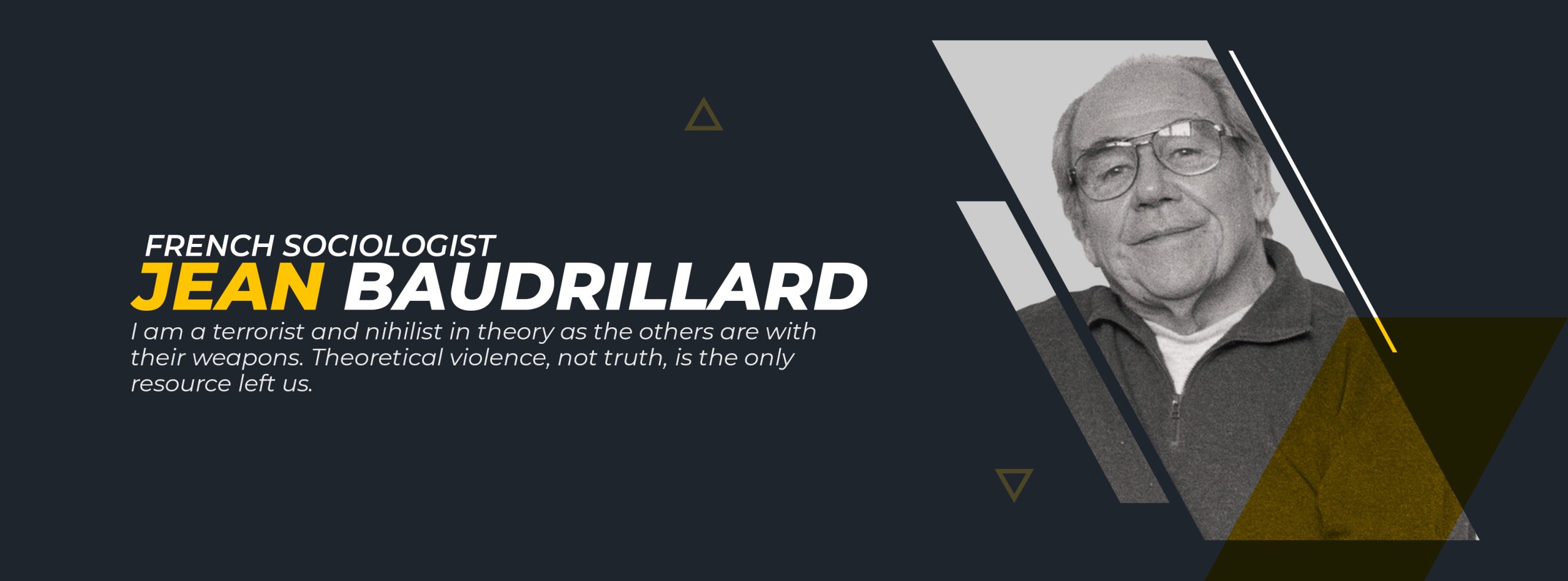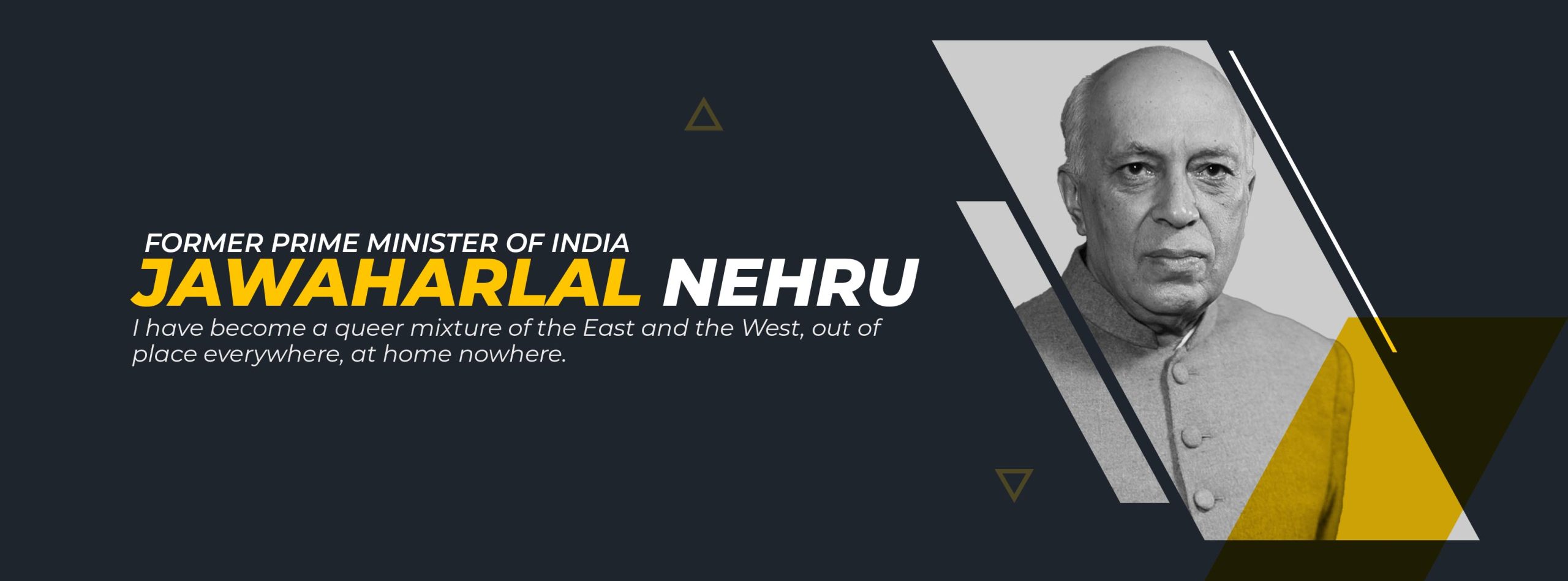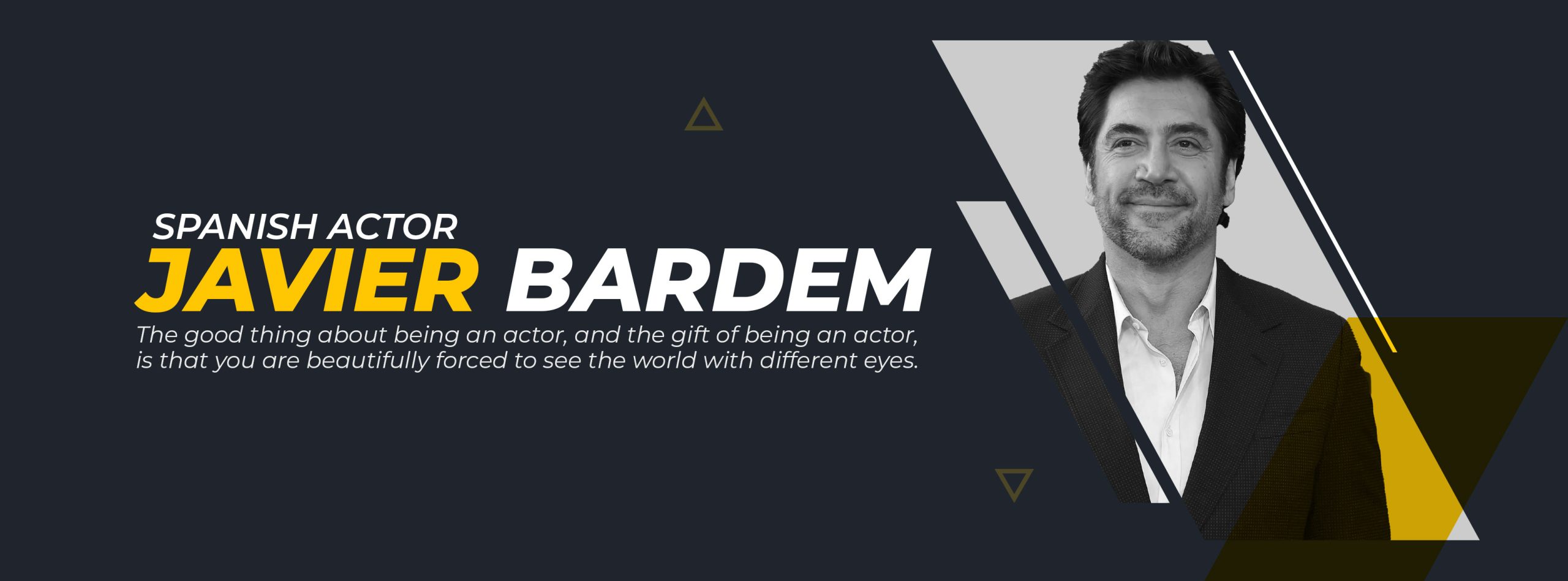Top 10 most inspiring quotes by Jean Luc Godard
- A story should have a beginning, a middle and an end, but not necessarily in that order.
- He who jumps into the void owes no explanation to those who stand and watch.
- Objects exist and if one pays more attention to them than to people, it is precisely because they exist more than the people. Dead objects are still alive. Living people are often already dead.
- When we talked, I talked about me, you talked about you, when we should have talked about each other.
- If you want to make a documentary you should automatically go to the fiction, and if you want to nourish your fiction you have to come back to reality.
- I am a painter with letters. I want to restore everything, mix everything up and say everything.
- Every film is the result of the society that produced it. That’s why the American cinema is so bad now. It reflects an unhealthy society.
- The truth is that there is no terror untempered by some great moral idea.
- Humane people don’t start revolutions, they start libraries. And cemeteries.
- Communism existed once, during two 45 minute half-times, when Honved, from Budapest, won over England by 6-3. The English played individually, and the Hungarians, collectively.
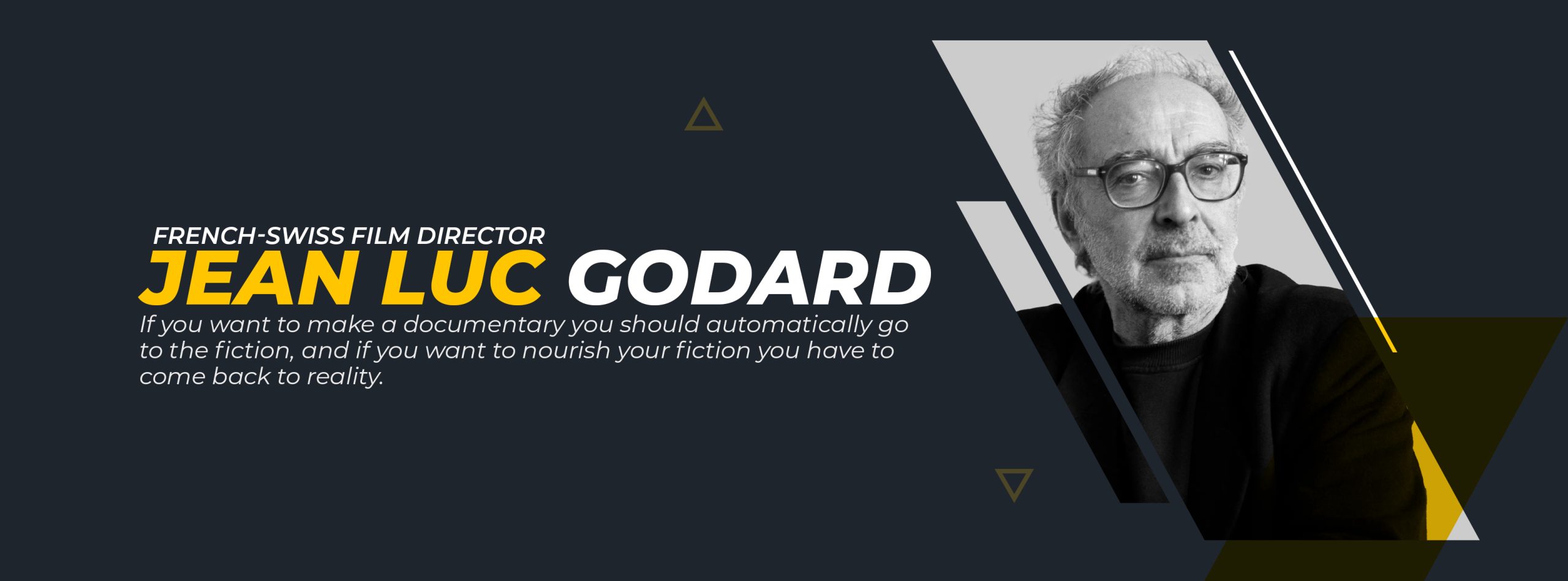
Jean-Luc Godard is a French-Swiss filmmaker and one of the most influential figures in the history of cinema. He was born on December 3, 1930, in Paris, France. Known for his innovative and unconventional approach to filmmaking, Godard played a significant role in the development of the French New Wave movement during the late 1950s and 1960s.
Godard began his career as a film critic, writing for the influential journal Cahiers du Cinéma. Alongside other film critics such as François Truffaut and Éric Rohmer, he advocated for a new form of cinema that challenged established conventions and embraced a more personal and politically engaged style of storytelling.
In 1960, Godard made his directorial debut with the film “Breathless” (original title: “À bout de souffle”). The film, starring Jean-Paul Belmondo and Jean Seberg, is now considered a classic of the French New Wave. With its jump cuts, handheld camera work, and blending of genres, “Breathless” exemplified Godard’s unique approach to filmmaking.
Throughout his career, Godard continued to experiment with narrative structures, editing techniques, and political themes. His films often blended fiction and documentary elements, and he frequently incorporated philosophical and political ideas into his work. Some of his notable films include “Contempt” (1963), “Pierrot le Fou” (1965), “Weekend” (1967), and “Film Socialisme” (2010).
Godard’s filmmaking style is characterized by his self-reflexive approach, his use of visual and verbal puns, and his exploration of the relationships between art, cinema, and society. His work has had a lasting impact on filmmakers around the world, and he continues to be regarded as one of the most important and influential directors in the history of cinema.
Despite his critical acclaim, Godard’s films have often been divisive among audiences and critics due to their experimental nature and challenging narrative structures. Nevertheless, his contributions to cinema have been widely recognized, and he has received numerous awards and honors, including an honorary Academy Award in 2010.
Jean-Luc Godard’s career spans several decades, and his films continue to inspire and provoke audiences with their distinct visual style and thought-provoking content.
👉Listen to the best music from all over the world at www.liveonlineradio.net #Jean_Luc_Godard #quotes #FM #Online_radio #radio #live_online_radio #live #world_radio


